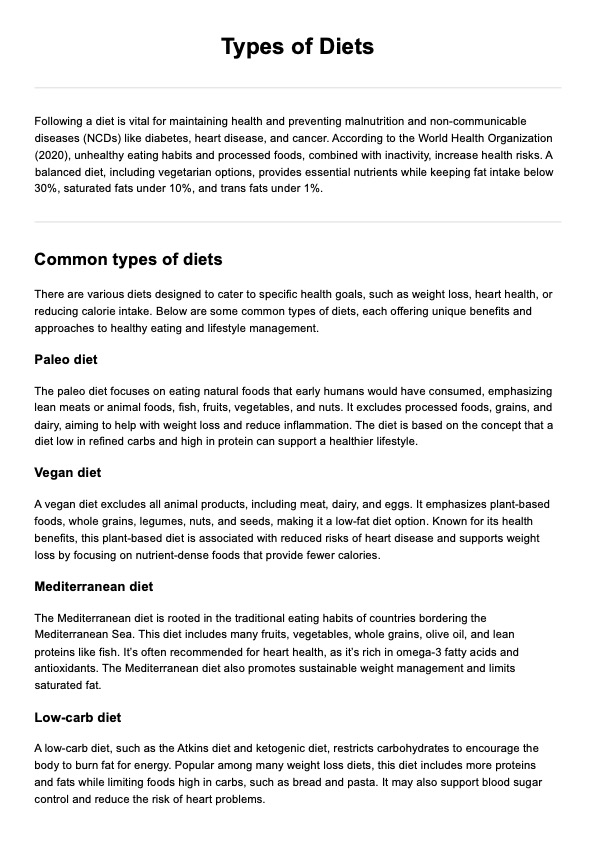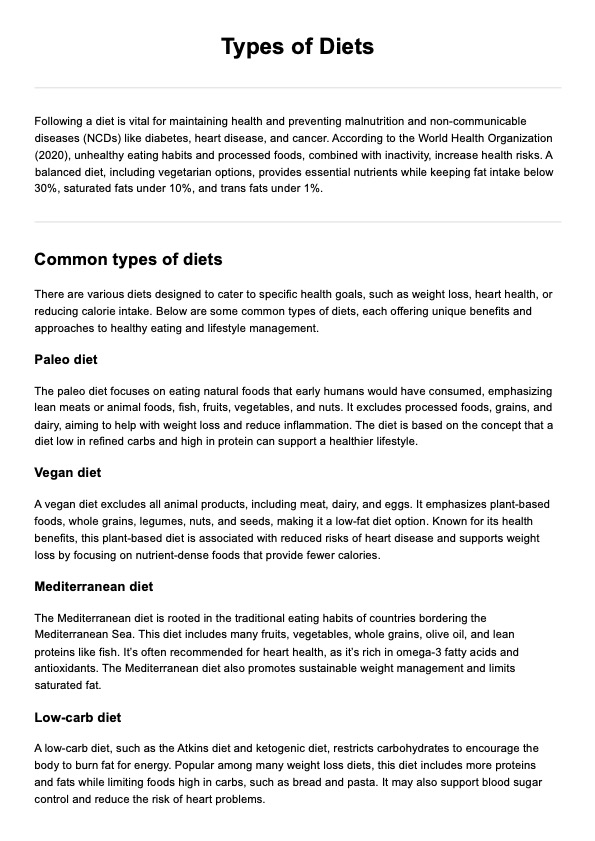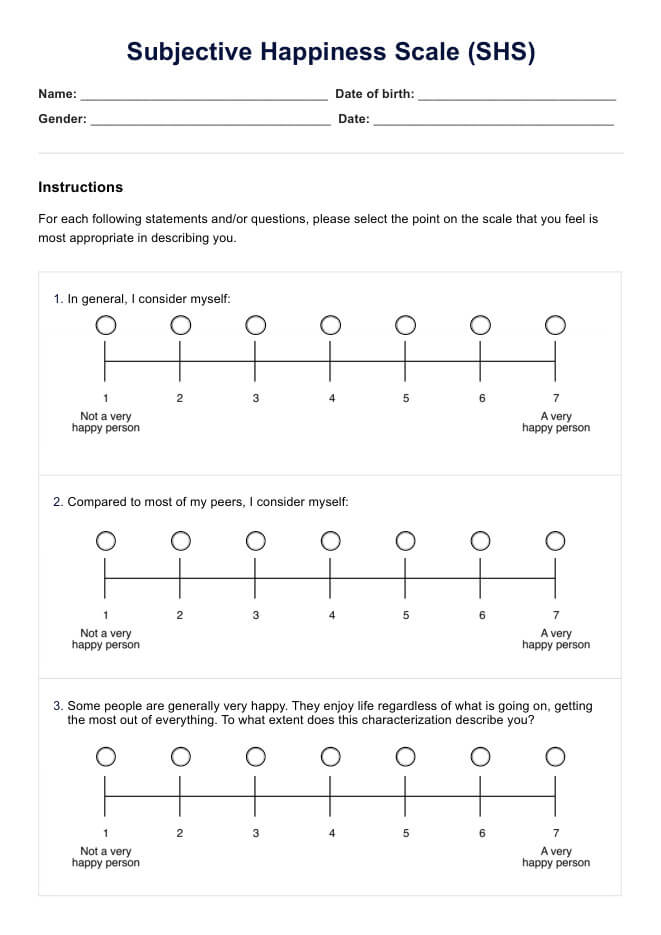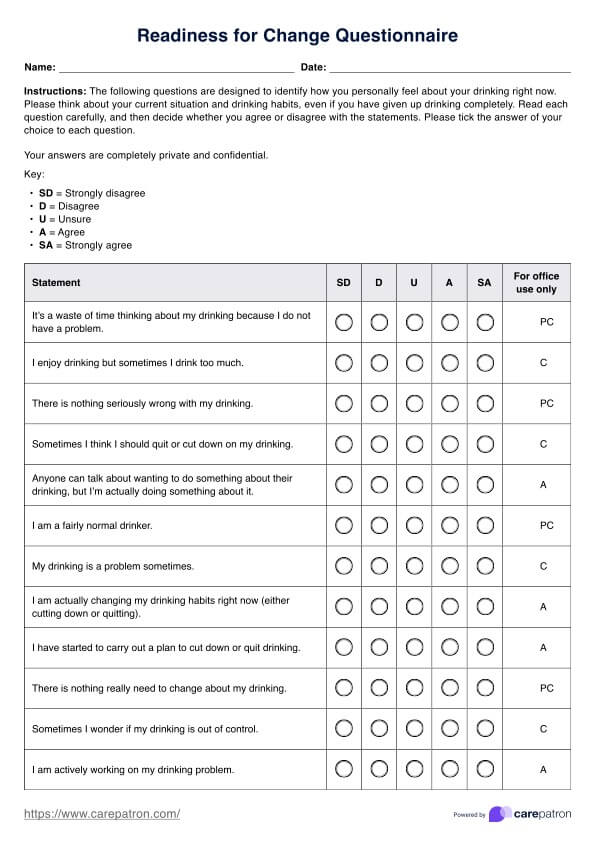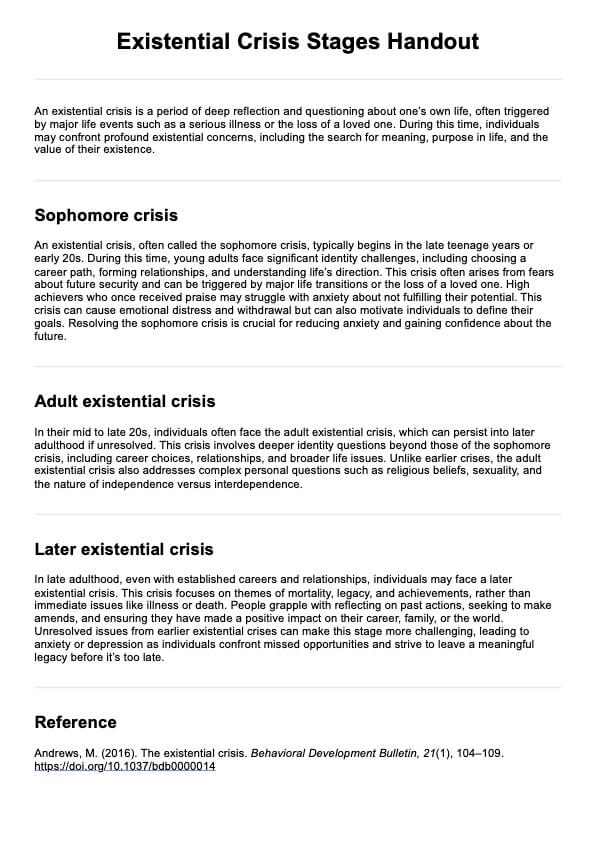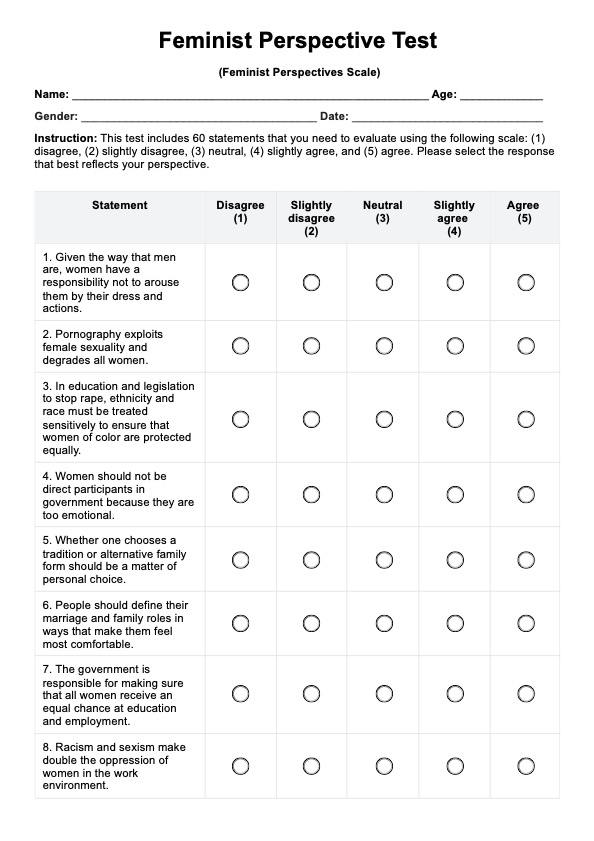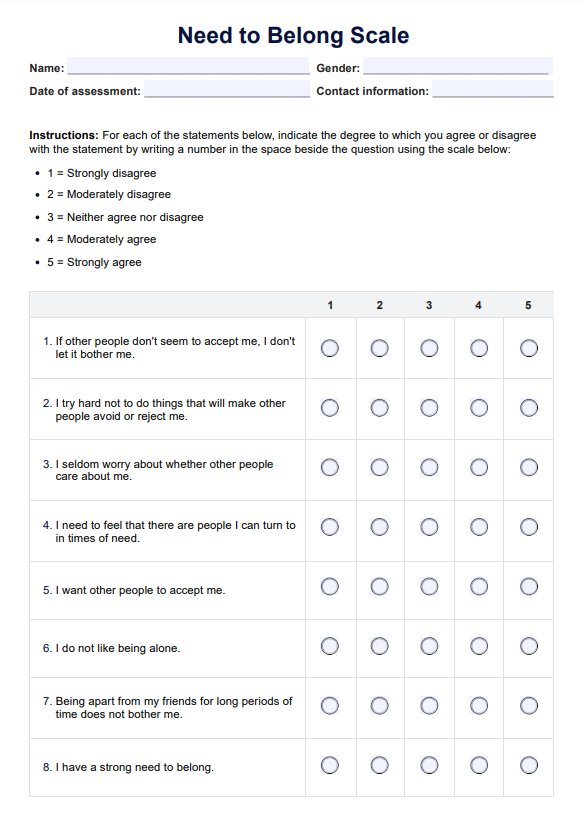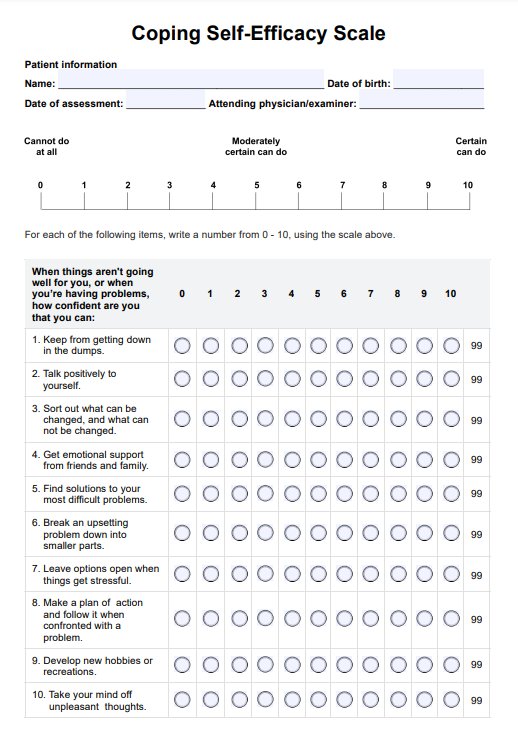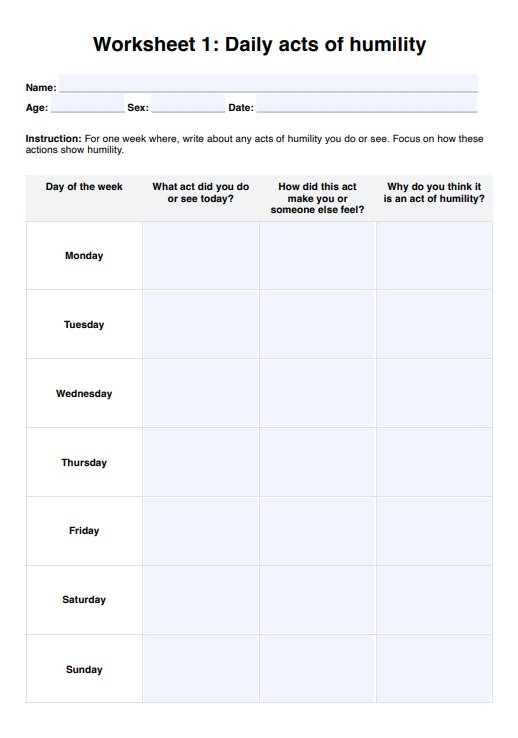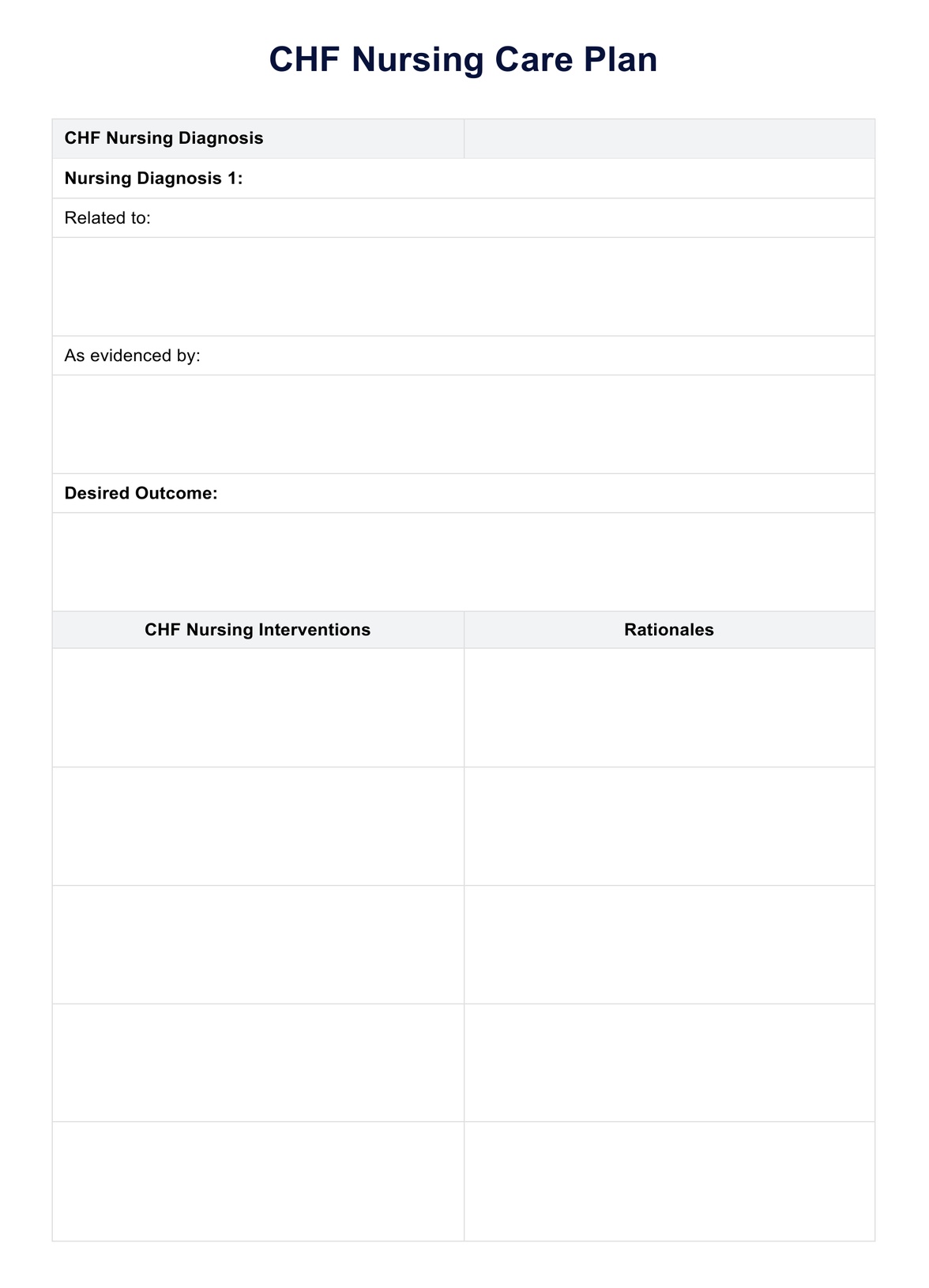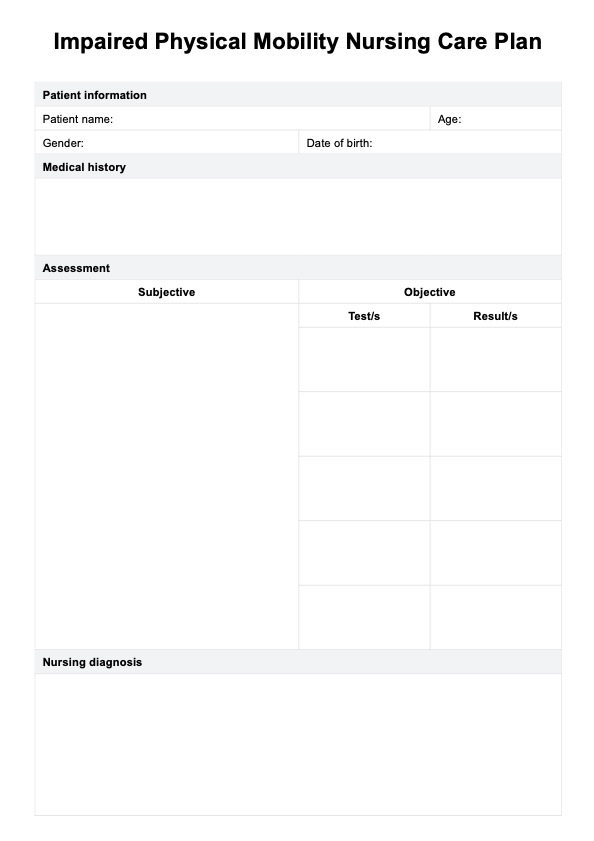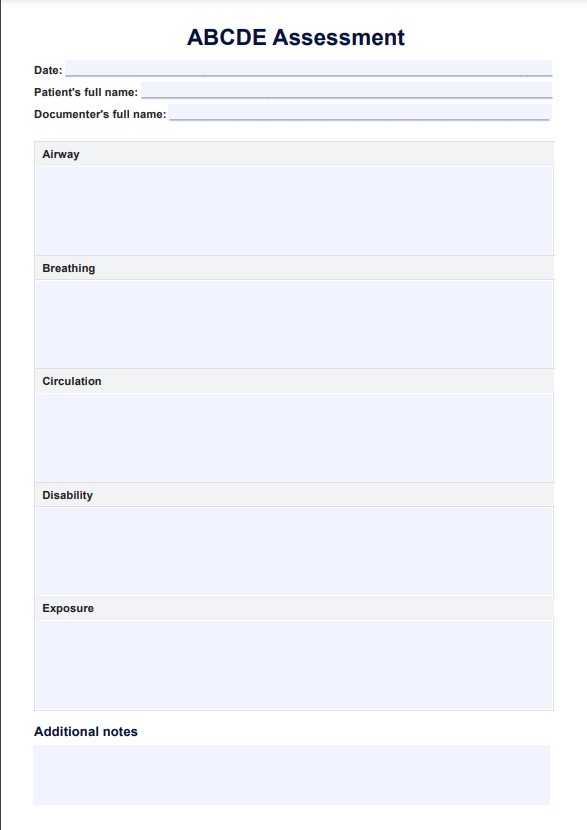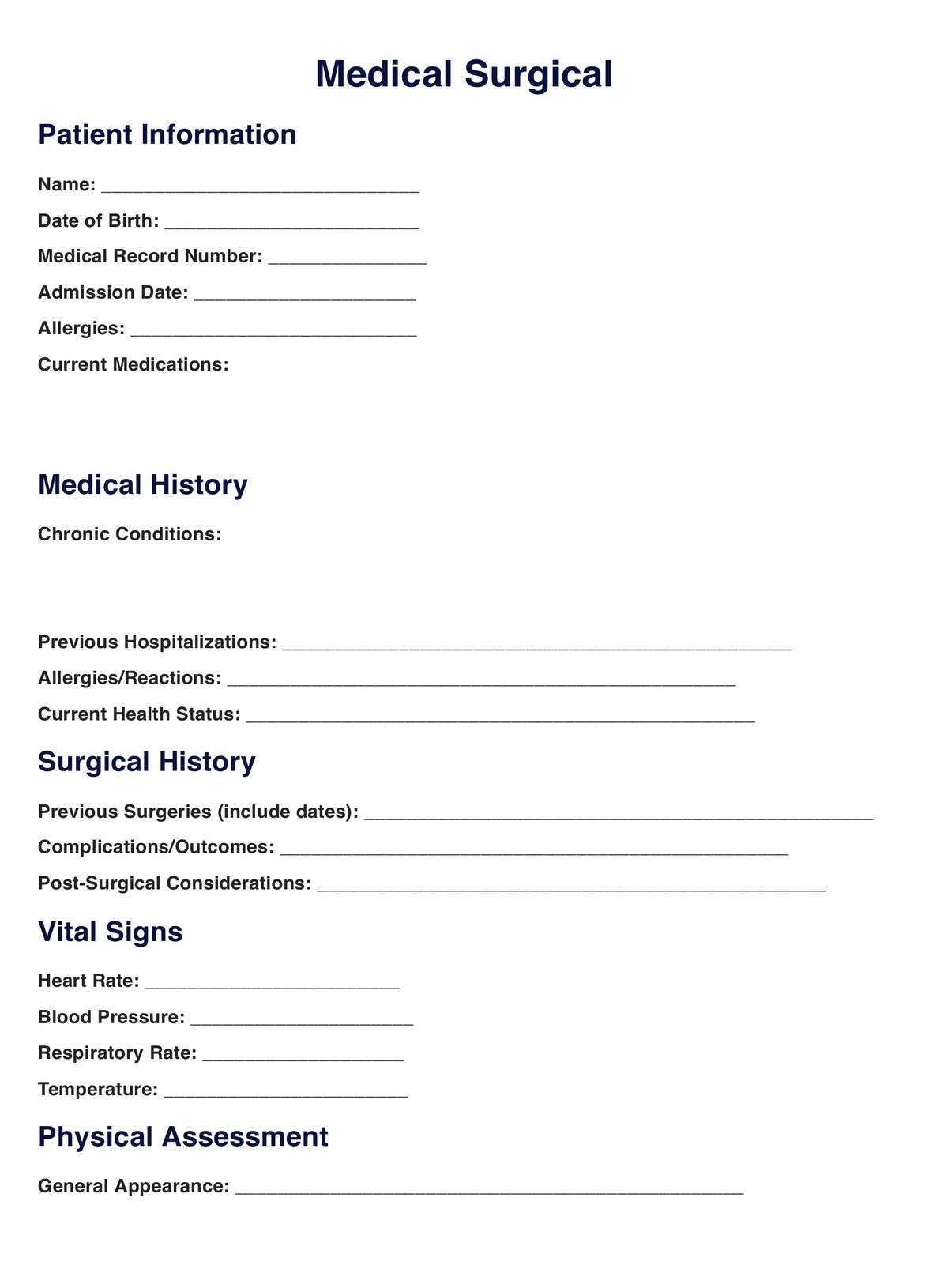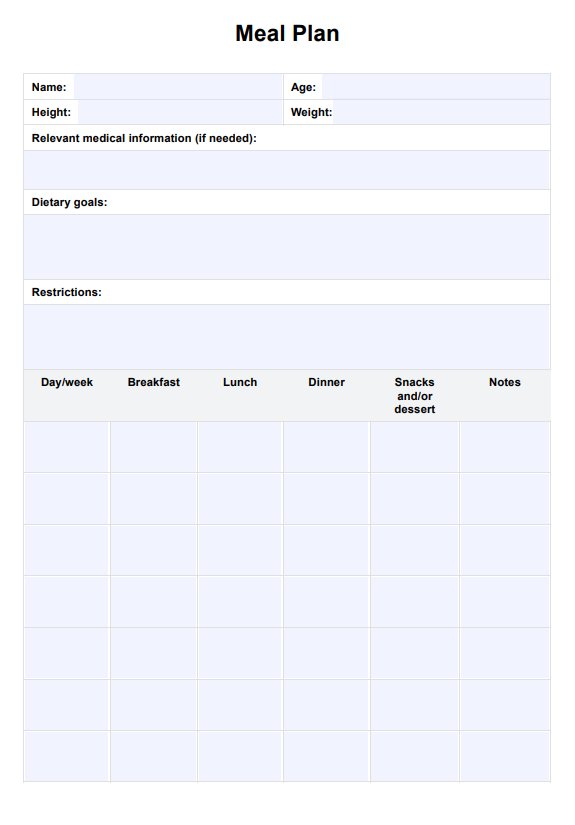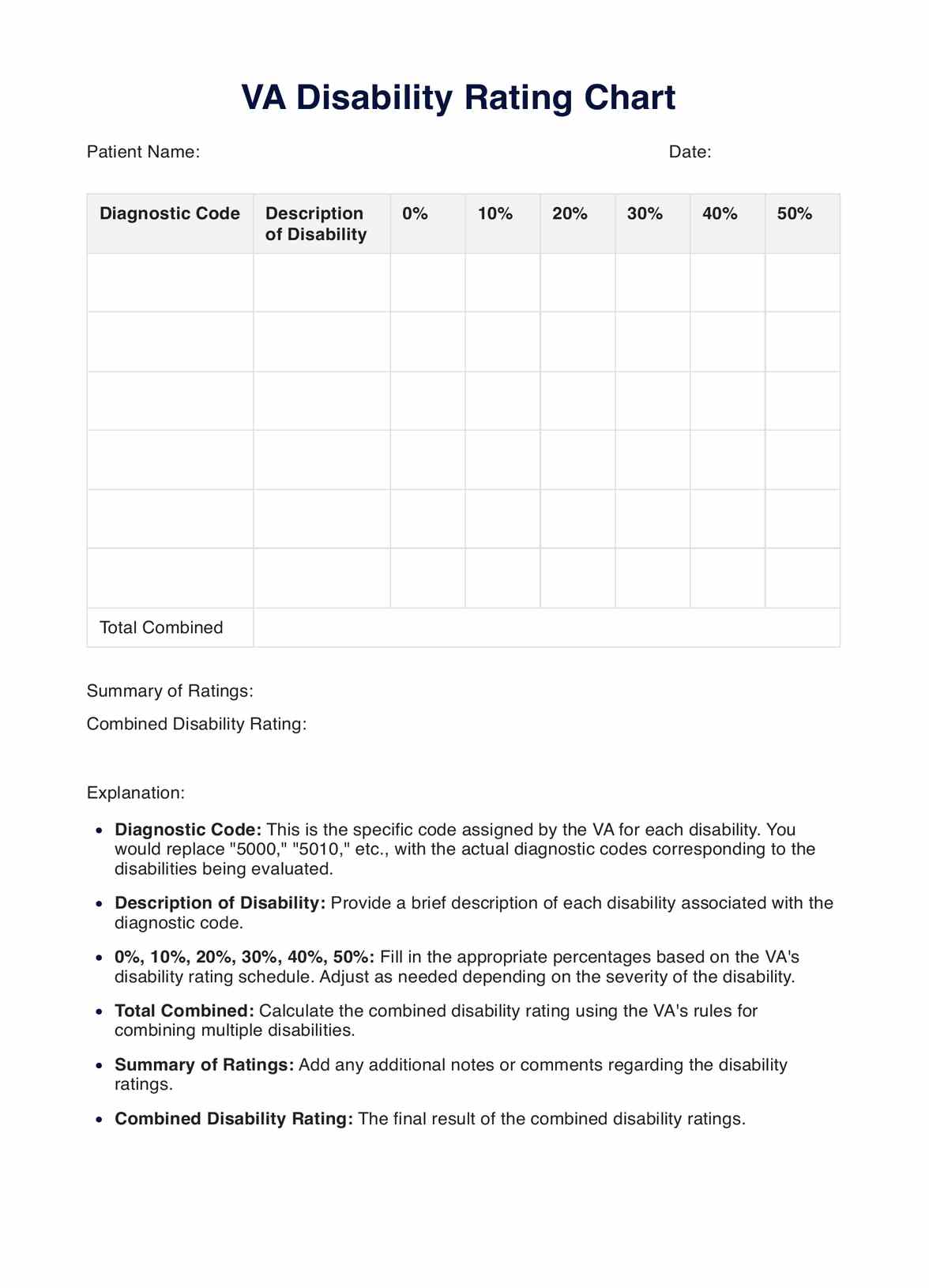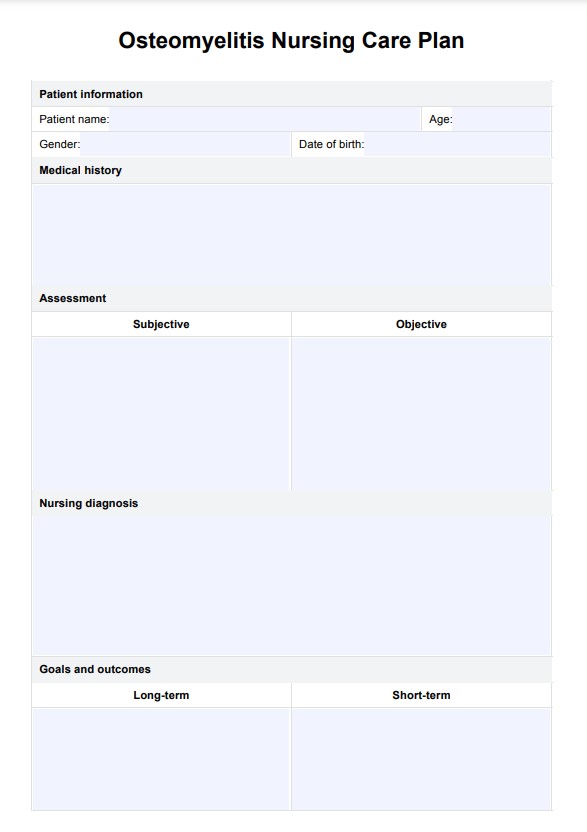Types of Diet PDF
Get our free Types of Diet PDF Template to help health professionals guide patients in choosing diets that align with their goals and needs.


The importance of following a diet
Following a diet is essential for maintaining overall health and preventing malnutrition and non-communicable diseases (NCDs) such as diabetes, heart disease, stroke, and cancer. According to the World Health Organization (2020), unhealthy eating habits, often exacerbated by the consumption of processed foods, combined with a lack of physical activity, pose significant global health risks.
A balanced diet, including options like a vegetarian diet, promotes better health by providing the necessary nutrients to support energy expenditure and maintain ideal calorie intake. Key dietary recommendations include ensuring that total fat does not exceed 30% of total energy intake, with saturated fats limited to less than 10% and trans fats to less than 1%.
Additionally, managing sugar intake is vital, with guidelines suggesting a limit of less than 10% of total energy intake to help regulate weight and improve blood sugar control. Utilizing resources like different diet PDFs can aid individuals in selecting appropriate weight loss diets that align with their health goals, such as the blood type diet. By making informed dietary choices, individuals can effectively lose weight, manage high blood pressure, and reap numerous health benefits, ultimately fostering healthier eating habits for life.
Types of Diet PDF Template
Types of Diet PDF Example
How to use this template
Carepatron's Types of Diets PDF template is a valuable tool for healthcare professionals to guide patients in choosing the best dietary plan. By following these steps, medical professionals can seamlessly incorporate the template into consultations, helping patients identify diets that align with their health needs and lifestyle goals.
Step 1: Access the template
To get started, professionals can find the Types of Diets PDF template within this guide. Simply download and print or digitally access the template to have it readily available for patient consultations.
Step 2: Introduce the template to patient
Begin by explaining the purpose of the Types of Diets PDF. This tool will outline different diet options and help patients better understand which might suit their health requirements, lifestyle, and personal goals.
Step 3: Provide patient education
Offer a brief overview of each diet type included in the template, emphasizing important details like dietary restrictions, health benefits, and potential impacts on areas like weight loss, blood pressure, and blood sugar control. This step helps patients make informed decisions about their options.
Step 4: Analyze the right diet fit for patient’s needs and goals
Using the information gathered, work with the patient to identify the diet that best matches their health needs, such as weight loss, improved energy levels, or better blood sugar regulation. Tailoring the diet to their unique goals enhances their chances of long-term success.
Step 5: Discuss next steps
Once a diet is chosen, outline the next steps with the patient. Discuss any follow-up visits, set realistic expectations, and provide resources or referrals if necessary to support their effective implementation of the new diet.
Common types of diets
Various diets are designed to cater to specific health goals, such as weight loss, heart health, or reducing calorie intake. Below are some common types of diets, each offering unique benefits and approaches to healthy eating and lifestyle management. For more detailed information, you can access the full Types of Diet PDF handout from this guide.
Paleo diet
According to Singh & Singh (2023), the paleo diet focuses on eating natural foods that early humans would have consumed. It emphasizes lean meats or animal foods, fish, fruits, vegetables, and nuts. This diet excludes processed foods, grains, and dairy, aiming to help lose weight and reduce inflammation.
Vegan diet
A vegan diet excludes all animal products, including meat, dairy, and eggs. It emphasizes plant-based foods, whole grains, legumes, nuts, and seeds, making it a low-fat diet option. Known for its heart health benefits, this plant-based diet is associated with reduced risks of heart disease and supports weight loss by focusing on nutrient-dense foods that provide fewer calories.
Mediterranean diet
The Mediterranean diet is rooted in the traditional eating habits of countries bordering the Mediterranean Sea. According to Lăcătușu and colleagues (2019), this diet includes plenty of fruits, vegetables, whole grains, olive oil, and lean proteins like fish. It’s often recommended for heart health, as it’s rich in omega-3 fatty acids and antioxidants. The Mediterranean diet also promotes sustainable weight management and limits saturated fat.
Low-carb diet
A low-carb diet, such as the Atkins diet and ketogenic diet, restricts carbohydrates to encourage the body to burn fat for energy. Popular among many weight loss diets, this diet includes more proteins and fats while limiting foods high in carbs, such as breads and pastas. It may also support blood sugar control and reduce risks related heart problems.
Raw food diet
The raw food diet involves eating foods in their natural, uncooked form. Supporters believe that raw foods maintain more nutrients and enzymes, promoting digestion and weight loss. This diet typically consists of fruits, vegetables, nuts, and seeds. While it offers health benefits, it may be challenging to meet calorie needs due to its very low-calorie diet structure.
Benefits of using a Types of Diet PDF template
Using a Types of Diet PDF template is a valuable resource for healthcare providers and individuals to navigate various diet options. This structured template can help patients understand diet benefits and match dietary approaches to specific health goals. Below are the main benefits of using this type of template.
Provides clear guidance on diet options
The Types of Diet PDF template organizes a range of healthy diets, from plant-based to ketogenic. This clear structure helps users quickly understand which diet options may aid weight loss, support cardiovascular health, or promote nutrient-rich eating with fruits and vegetables.
Helps avoid extreme diet choices
Some diet approaches, such as those involving severe calorie restriction or extreme diet plans, can be harmful if not managed properly. This template outlines safer, evidence-based diets that focus on sustainable practices. By using this tool, individuals can avoid unhealthy trends and instead select diets that incorporate balanced, healthy foods.
Encourages a focus on specific health goals
With the Types of Diet PDF template, healthcare providers can align diets with a patient’s unique health needs, whether they’re looking to reduce cardiovascular disease risk, improve energy, or engage in intermittent fasting. This guidance helps individuals select the most relevant dietary approach for their health.
References
Lăcătușu, C. M., Grigorescu, E. D., Floria, M., Onofriescu, A., & Mihai, B. M. (2019). The Mediterranean Diet: From an environment-driven food culture to an emerging medical prescription. International Journal of Environmental Research and Public Health, 16(6), 942. https://doi.org/10.3390/ijerph16060942
Onwuzo, C., Olukorode, J. O., Omokore, O. A., Odunaike, O. S., Omiko, R., Osaghae, O. W., Sange, W., Orimoloye, D. A., Kristilere, H. O., Addeh, E., Onwuzo, S., & Omoragbon, L. (2023). DASH Diet: A review of its scientifically proven hypertension reduction and health benefits. Cureus, 15(9), e44692. https://doi.org/10.7759/cureus.44692
Singh, A., & Singh, D. (2023). The Paleolithic Diet. Cureus, 15(1). https://doi.org/10.7759/cureus.34214
World Health Organization. (2020, April 29). Healthy diet. https://www.who.int/news-room/fact-sheets/detail/healthy-diet
Commonly asked questions
Different types of food diets include the Mediterranean diet, which emphasizes fruits, vegetables, whole grains, and healthy fats; the paleo diet, which focuses on lean meats and avoids processed foods; and the vegan diet, which excludes all animal products. Other popular options are low-carb diets, DASH diets for blood pressure management, and gluten-free diets for those with gluten sensitivities.
The best diet for weight loss is one that is sustainable and fits an individual's lifestyle, preferences, and health goals. Popular choices include the Mediterranean diet and low-carb diets, as they emphasize whole foods and balanced nutrition while promoting healthy calorie intake.
An effective diet is one that provides balanced nutrition, includes a variety of foods, and promotes healthy eating habits that can be maintained long-term. It should also consider individual preferences and health needs, ensuring that the chosen plan is both enjoyable and conducive to achieving specific health goals.


